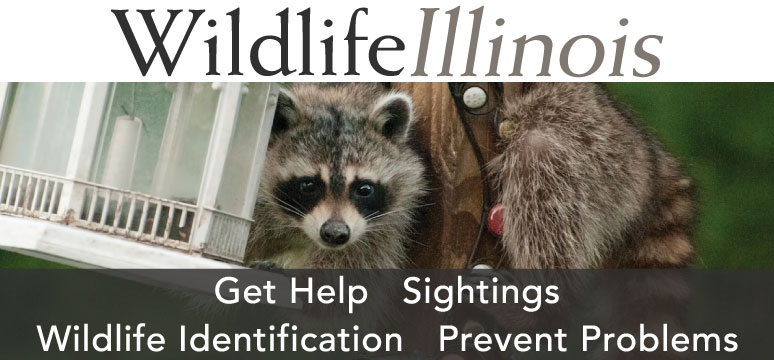
Photo courtesy of Greta Taylor.


Photo courtesy of Greta Taylor.

I am not a hunter, but I have a handful of friends who are. Every year, these friends patiently wait for hunting season. When the time finally comes, they wake up early, trudge around, sit quietly, and possibly harvest an animal. But it is more than just that. Hunting is about fully immersing yourself in the habitat of your target. It is about listening to bird songs and seeing how the light reflects off of the morning dew caught in a spider’s intricate web. It is about finding that deer path that leads to a bedded-down area and knowing that your target is nearby. Hunters are only successful if they understand the animals they choose to hunt.
Hunting has an important role in wildlife conservation. Animal populations are regulated by hunters to maintain a state of balance in the environment. Some animal diseases are transmittable through close contact or over population. One example of this is Chronic Wasting Disease (CWD) in white-tailed deer. CWD is present in Illinois as well as other parts of North America. The disease flourishes when animals are in close contact with each other. Hunters help to control and thin populations. Another example is that when natural predators are removed from food webs, other animals are more successful and can cause greater conflicts with humans, such as collisions with vehicles. Without wolves and bears, deer have few natural predators in the area.

Last fall, after graduating from Beloit College with a major in Ecology, Evolution and Behavioral Biology and minor in Museum Studies, I helped site staff manage the firearm deer season at Moraine Hills State Park as a seasonal conservation worker. Through many conversations with wildlife biologists and hunters, I learned how important this season is for this ecosystem. Hunters act as the main control on deer populations in the park. There are limited predators in Illinois, and without hunters there would be a deer overpopulation problem. It is essential to prevent this to mitigate the spread of CWD and keep the ecosystem balanced. Hunters pay various fees to hunt—in 2018, Pittman-Robertson funds totaled $13.7 million for Illinois. Since 1934, the Migratory Bird Hunting and Conservation Stamp Act has added 5.7 million acres of protected land.
I personally am not interested in hunting, but I understand the importance of hunters in regulating animal populations. I am vegan and a taxidermist. I choose not to consume or use animal products, but when I do taxidermy projects, I work with animals on an intimate level. In the same way that hunters cherish every part of the hunt—from collecting and maintaining gear to sitting still for hours, we both value every part of the animals we work with: their life, behavior, habitats and bodies.
Greta Taylor graduated in 2018 from Beloit College with a Bachelor of Science degree in Ecology, Evolution and Behavioral Biology, minor in Museum Studies. She is working work for the McHenry County Conservation District as a Wildlife Resource Center Intern. In her spare time she likes to go birding, practice yoga and tend to her garden.
Submit a question for the author